-

Convenience at a cost: Online food delivery apps are doing more harm than good
In our fast-paced, consumer culture, it may seem like ordering lunch and dinner several times a week, paying a premium for a personal grocery shopper, or having a meal-prep kit delivered to our doors is a savvy, efficient way to make room for tasks deemed more important. But whom do these more important tasks benefit?
-
_600_400_90_s_c1.jpg)
Shell exits Nigeria, leaving behind trail of environmental degradation
The issue of environmental justice is relevant today in light of Shell’s decision to sell its onshore oil and gas operations in Nigeria, the continent’s biggest oil producer. In March 2025, Shell finalized the sale of $2.4 billion in onshore and shallow-water assets in Nigeria to a consortium of Nigerian companies called Renaissance.
-
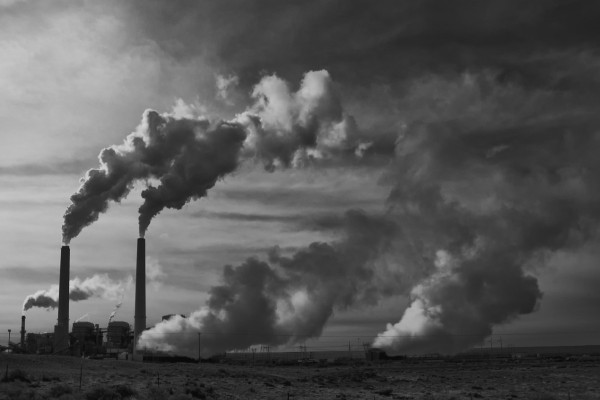
Canada’s support for LNG is support for Trump’s new form of fossil-fuelled fascism
Politicians here in Canada have been quick to distance themselves from Trump because of his threats to annex the country as a 51st state. But at the same time as they grandstand about opposing Trump and his plans for the world, they continue along as partners in his effort to grow the market for oil and gas by any means necessary.
-

Where does Danielle Smith’s loyalty lie?
Where do Danielle Smith’s loyalties lie? People asked this question after she revealed on MAGA-aligned media that she counselled Trump officials to pause the tariffs until after Canada’s federal election is over. Conservative Leader Pierre Poilievre is close to Trump’s agenda, she said, but the trade war is boosting Liberal support.
-
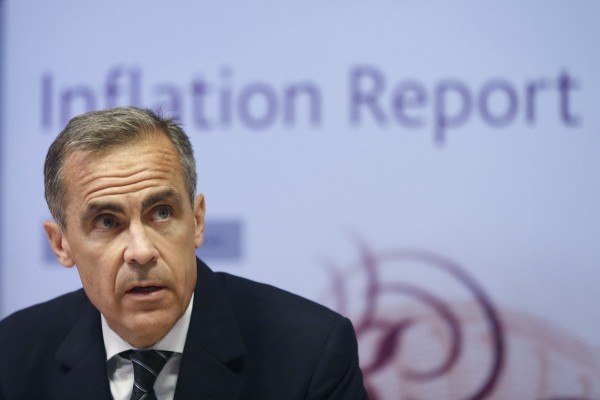
I read Mark Carney’s book so you don’t have to
Fortunately, we don’t have to rely on campaign literature to discern Mark Carney’s vision for the future. The decades he’s spent in both the private sector and the public service, as well as his 2021 book, Value(s): Building a Better World for All, offer important insights into the political imagination of the central banker who would be prime minister.
-
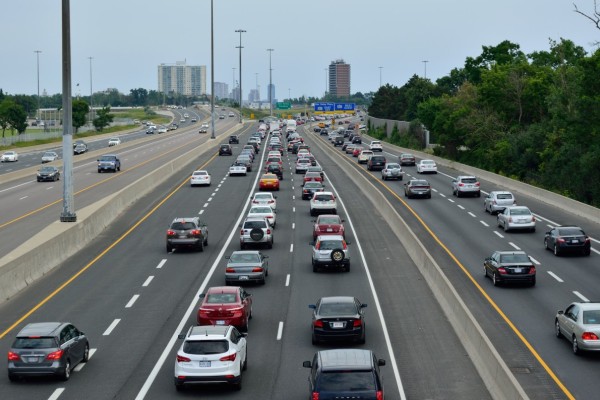
The end of carbon pricing isn’t a climate win
Carbon pricing is far from an ideal policy, but the shift away from directly challenging any part of Canada’s emissions-intensive mode of living may be disastrous for achieving our already weak international climate commitments. The government’s focus on “big polluters” conveniently ignores the urgent task of widespread decarbonization for crude political gain.
-

The battle for Steensby Inlet is not over
Inuit hunters from a small community in Nunavut are demanding a reassessment of a proposed expansion to an iron ore mine. Baffinland Iron Mines intends to build a port and railway to Steensby Inlet, near the Inuit community of Igloolik, as part of a plan to quadruple production at its Mary River Mine. The port and railway were originally approved by the Government of Canada in 2012.
-
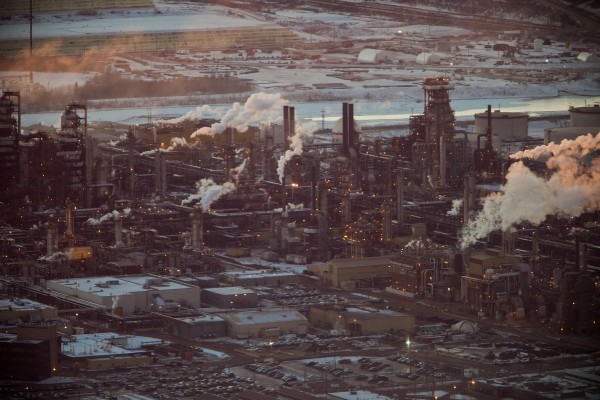
To respond to Trump’s tariffs, Canada should nationalize its oil industry
There is no doubt that Trump’s tariff threats pose a very real problem for Canada. The US accounts for almost two-thirds of Canadian trade volumes, and virtually all of Canada’s oil exports go south. But responding to this threat with anything but capitulation will require a significant break from the decades of policy that opened the door to foreign ownership.
-
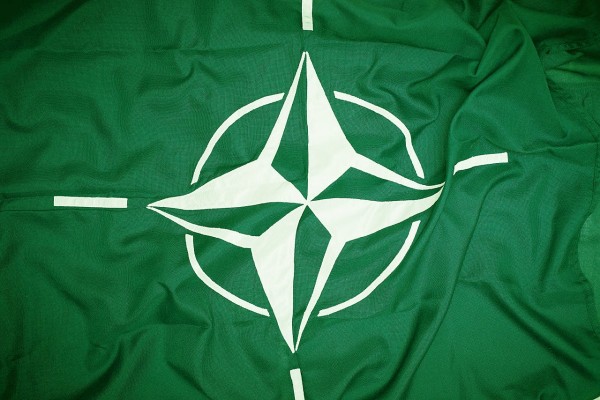
Greenwashing NATO
This is a crucial period during which countries must rapidly reduce emissions to limit global mean temperature rise to 1.5 degrees Celsius. Instead, Canada is ramping up military spending and munitions production to meet NATO targets. Allied nations that are the most responsible for global warming have not paid their fair share to address the problem, and are heaping fuel on the fire.
-
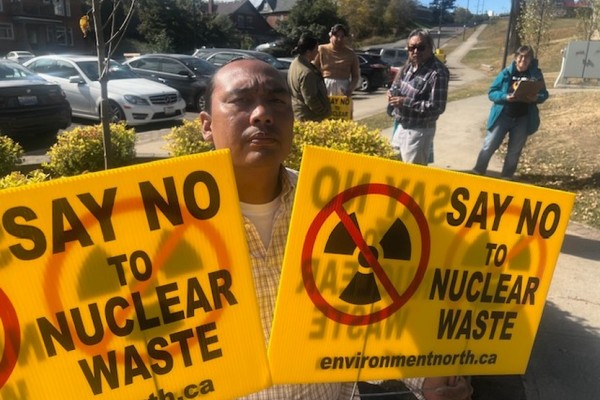
Nuclear industry selects site in northwestern Ontario for waste disposal amidst regional opposition
On November 28, the Nuclear Waste Management Organization (NWMO) announced it had selected Wabigoon Lake Ojibway Nation and the municipality of Ignace as “host communities” for all of Canada’s high-level nuclear waste. Yet the extent to which the people of northwestern Ontario consent to the proposed waste repository is, at best, unclear.



